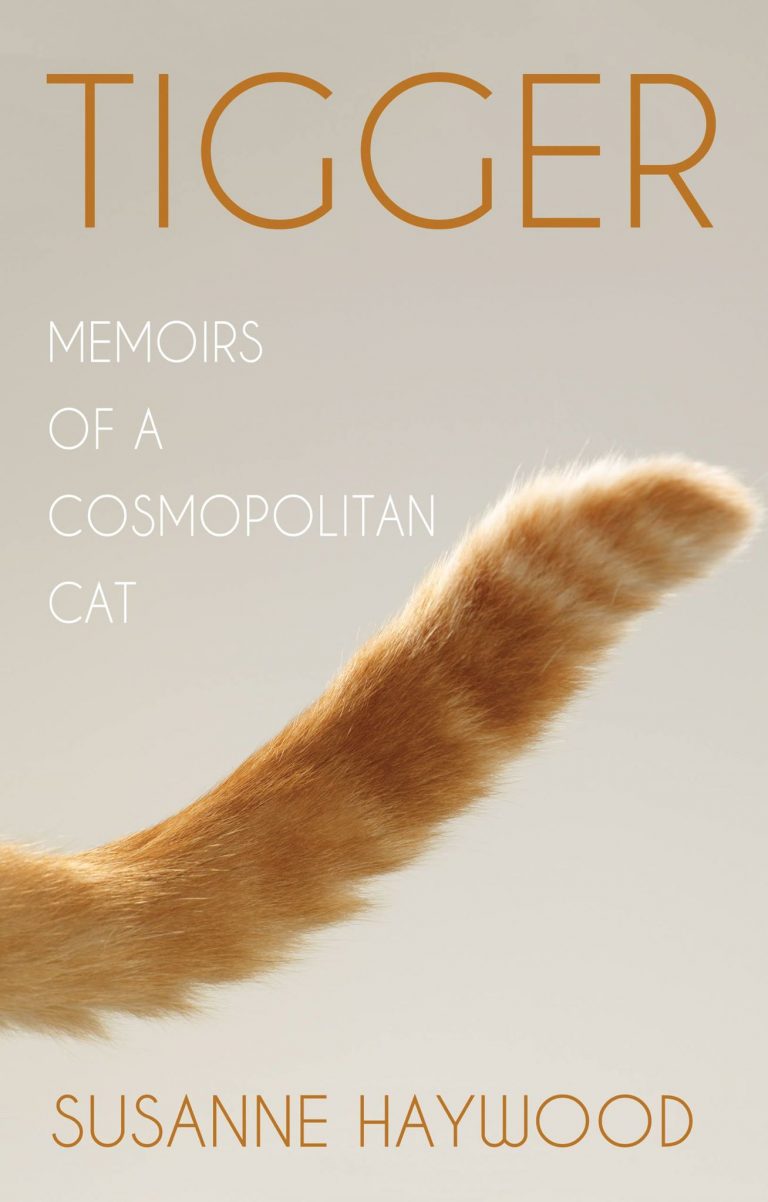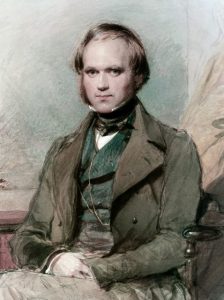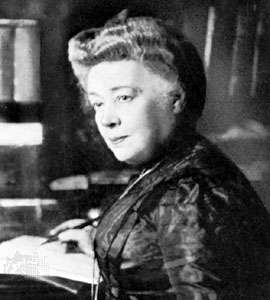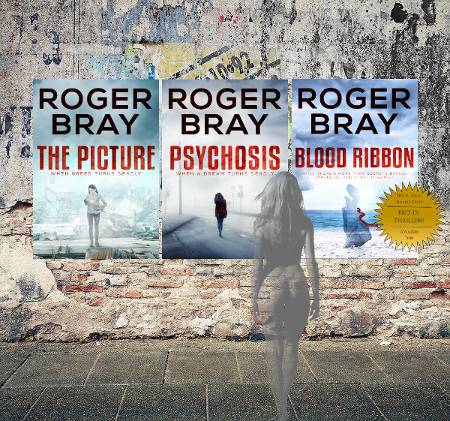Meet Susanne Haywood Susanne Haywood has lived an extraordinary life, moving from Austria to Scotland, England, Australia, and the United States before returning to southern England, where she resides with her husband and a “variable number” of adult children and pets. After a fulfilling career in higher education, Susanne now dedicates her time to writing—unless the sun is shining, in which case you’ll find her in the garden or walking her dogs.
Her journey offers valuable insight into creative writing for senior writers, proving that it’s never too late to start writing in retirement and to embrace the joy of storytelling.
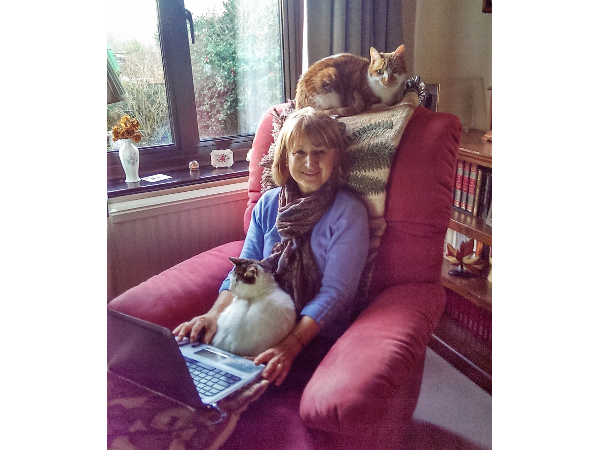
Early Life and the Journey to Writing
Q: Could you tell us about yourself?
I was born and raised in Austria. After earning a degree in English and French, I moved to Glasgow, Scotland for my first job, where I could barely understand the local dialect for the first few weeks! But I adapted, even joining a Scottish dancing club, where I met my husband. We later moved to southern England for a milder climate and better communication. After having three children, we emigrated to Perth, Western Australia, where I completed a Ph.D. before relocating again to Maryland, USA due to my husband’s job.
In Maryland, as a “dependent alien” unable to work, I had the opportunity to publish my Ph.D. thesis and make my first tentative start at writing a novel. The constant moves helped shape my writing voice, particularly in Melbourne, where I joined my first Writers Group. Living on a small farm surrounded by animals and nature fuelled my creativity.
Now, back in West Sussex, England, I am “retired” but busier than ever with community involvement, family, and, of course, creative writing.
Discovering Writing After Retirement
Q: When did you first decide to write, and what got you started?
I’ve always loved reading and began writing stories at school to amuse my teachers. At 13, I wrote a novella (which I now recognize was dreadful!), but my parents encouraged me to pursue a “proper job.” Writing for pleasure took a backseat for almost 30 years, but I couldn’t completely give it up.
During our time in Maryland, we began sending out annual family newsletters, which included a column written by our beloved cat, Tigger. His stories became the most popular, and eventually, I began writing a memoir for him, which turned into my first self-published book, Tigger: Memoirs of a Cosmopolitan Cat.
The Best and Worst of Creative Writing in Retirement
Q: What is the best part about writing, and the worst?
The best: Creating new worlds and filling them with characters. Positive feedback from professionals also feels great—it reassures you that you’re on the right track.
The worst: Getting stuck in a plot, or worse, falling out of love with your characters. Rejections from agents or publishers can be discouraging too, but it’s part of the process.
A highly entertaining read and good for both the young and old as well as non animal and animal lovers alike
Amazon Reviewer Tweet
Writing and Publishing Challenges for Senior Writers
Q: What is your most recent book about?
My latest novel is a book club novel about crime and its emotional fallout, set in Australia during a period of devastating bushfires. It explores the tension between the wilderness of Victoria’s temperate rainforests and the personal journeys of my characters. This book has been in the works since the 90s, and though it has been fine-tuned many times, a publishing deal remains elusive. While I shy away from self-publishing again, the novel remains close to my heart.
Current Projects and Advice for Senior Writers
Q: What are you currently working on?
I’m currently halfway through a World War II historical novel, told from the perspectives of two Austrians living in Nazi Germany. It explores the diversity of attitudes among the population during this time. I’m drawing from my father’s war diaries, which give wonderful insights into a soldier’s life in the Wehrmacht.
Q: What’s the best piece of advice you can give to someone starting a writing career later in life?
Write, write, write! It’s the only way to grow as a writer. Also, balance belief in your abilities with the humility to accept constructive criticism.

Social Media for Senior Writers: Does It Matter?
Q: How important do you think social media is for an author?
For those who are comfortable with it, social media can help spread the word in ways that would be difficult otherwise. However, it’s important to limit your time on platforms like Facebook or Twitter—20 targeted minutes per day is enough. Social media can be useful, but only if you enjoy it.
For some, investing time in Amazon ads or connecting directly with readers is more effective.
Q: What’s your experience with promoting your book online?
Creating a Facebook page for Tigger helped me gain a loyal following, and while I tried paid ads, they weren’t very successful. I’ve found more success with Amazon ads, as they allow you to add a wide range of keywords to attract the right audience.
Balancing Life, Writing, and Hobbies
Q: What do you enjoy when you’re not writing?
I’m a keen gardener, which helps unblock any writer’s block, and I walk a lot in the countryside. I’m also involved in community work, mediating neighborhood conflicts and chairing our local Arts Society.
Q: What are you currently reading?
I’m reading Elizabeth Taylor’s Mrs. Palfrey at the Claremont. It’s a beautifully written novel that has surprised me with its depth and insight into human nature.
Final Thoughts for Aspiring Writers in Retirement
Q: What advice would you give to someone starting a writing career later in life?
Believe in yourself but stay open to feedback. And most importantly—just keep writing. Whether you’re starting to write in retirement or have always dreamed of being an author, it’s never too late to begin.
Q: If you could invite three people from history to a dinner party. Who would you invite and why?
Bertha von Suttner, a Czech-Austrian pacifist who became the first woman to receive the Nobel Peace Prize, in 1905. She was President of the Austrian Peace Society, helped form the Anglo-German Friendship Committee and was a member of the Carnegie Peace Foundation. She also wrote the world’s most famous book on anti-war sentiments (Die Waffen Nieder, or Lay Down Your Arms, 1889). Sadly, all to no avail, because World War I broke out a few months after her death in 1914. Her views would be just as interesting today, and I’d like to hear them. She would also get on well with the other two.
Charles Darwin, because of his brilliant mind and the fact that he was brave enough to publish his theory of natural selection as the motor of evolution at a time when this was synonymous with blasphemy. I’d love to hear of his experiences on Galapagos. But it does sound as though he was a rather dour person, so we might need plenty of wine to relax him.
Mahatma Ghandi, who said that the true quality of a people can be seen in the way they treat their animals. It is said that he liked company (including women and children) and liked to laugh, so he should also be a pleasant and entertaining dinner guest. I read recently that he had racist attitudes when he lived in Africa. As this does not go at all with how I imagined him, I’d like to find out what’s behind it, and give him a chance to explain.
In Summary
Susanne Haywood’s story shows that writing in retirement can be a fulfilling journey. Whether you’re just starting out or returning to writing after a long career, there’s always time to embrace the craft and let your voice be heard. For senior writers, joining a writing group, exploring social media, or simply getting started are the keys to unlocking creative potential.
